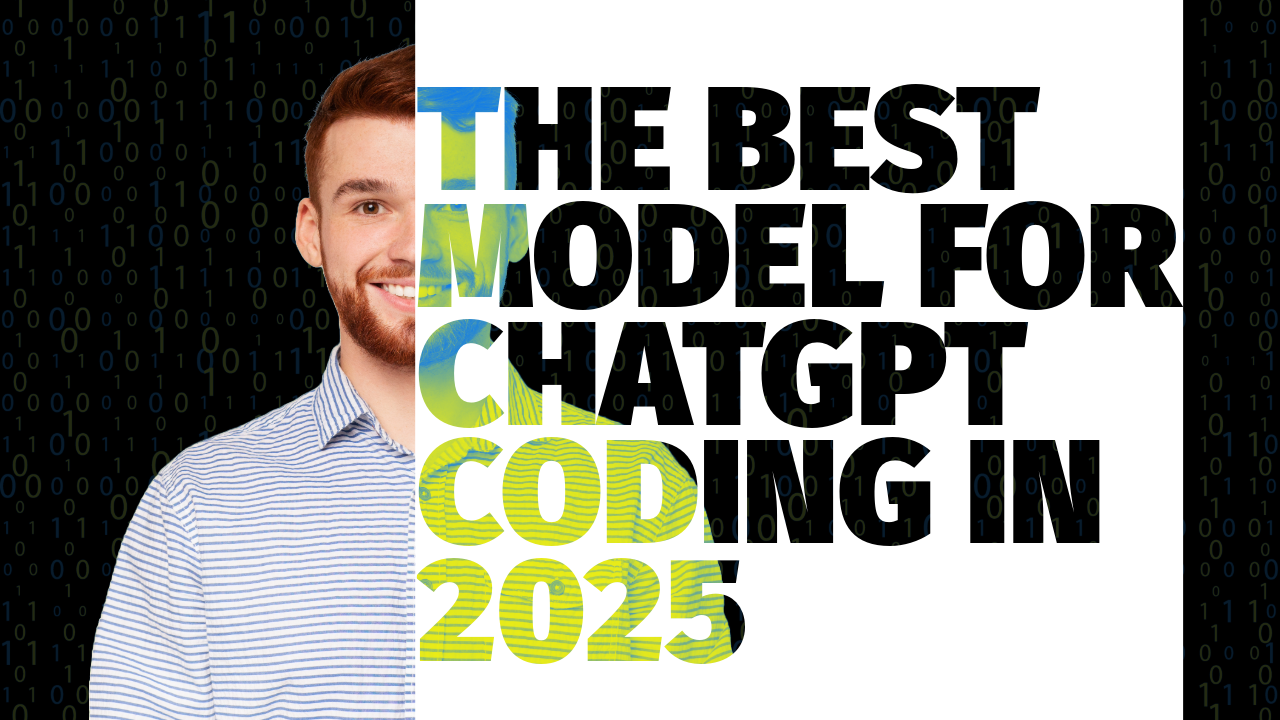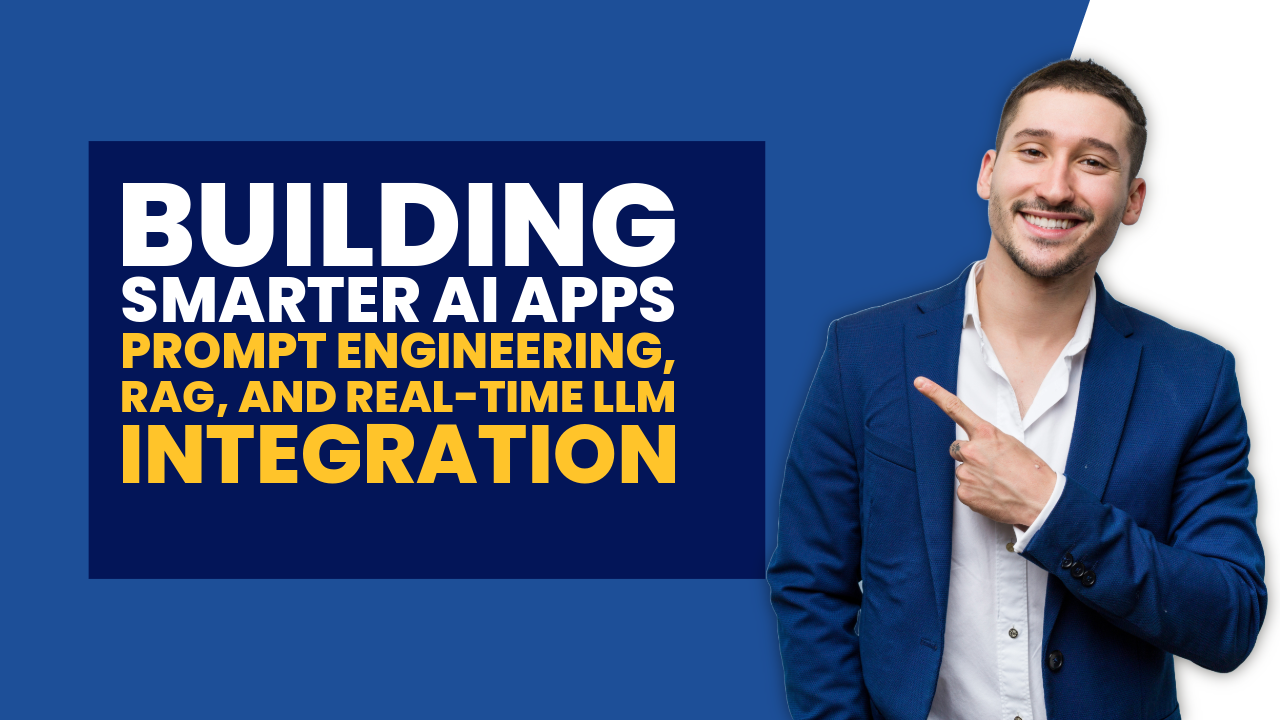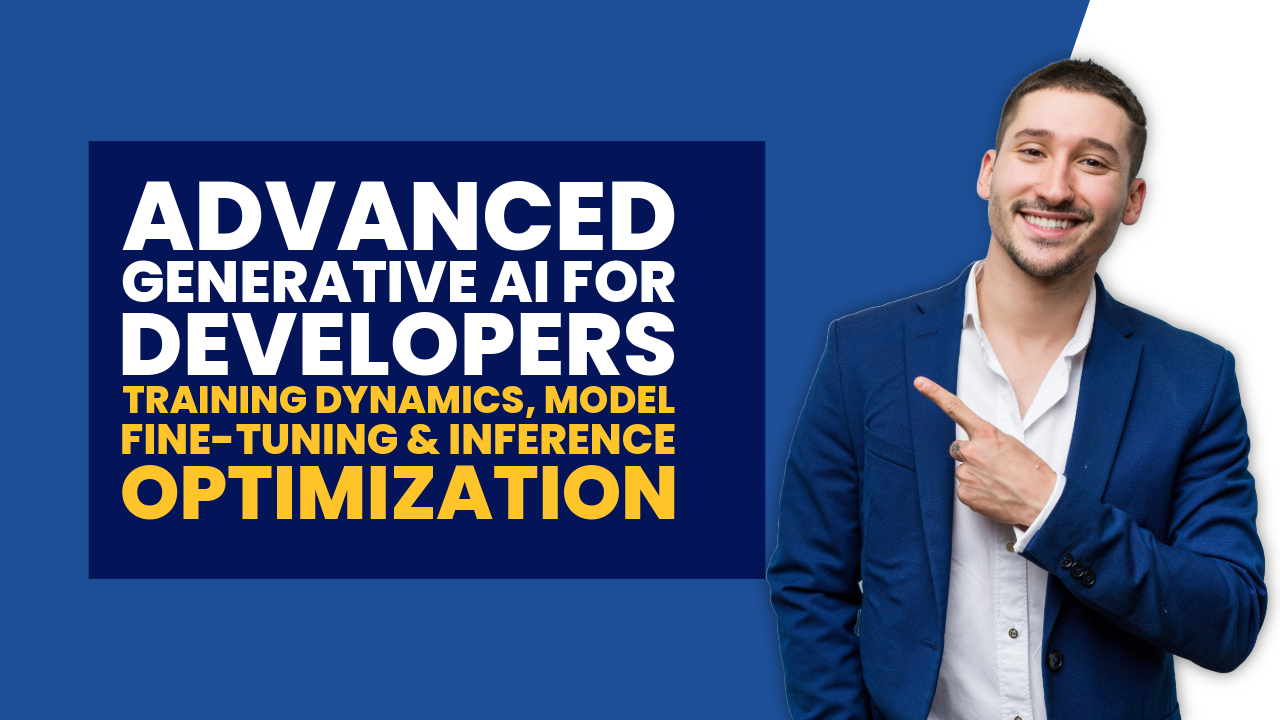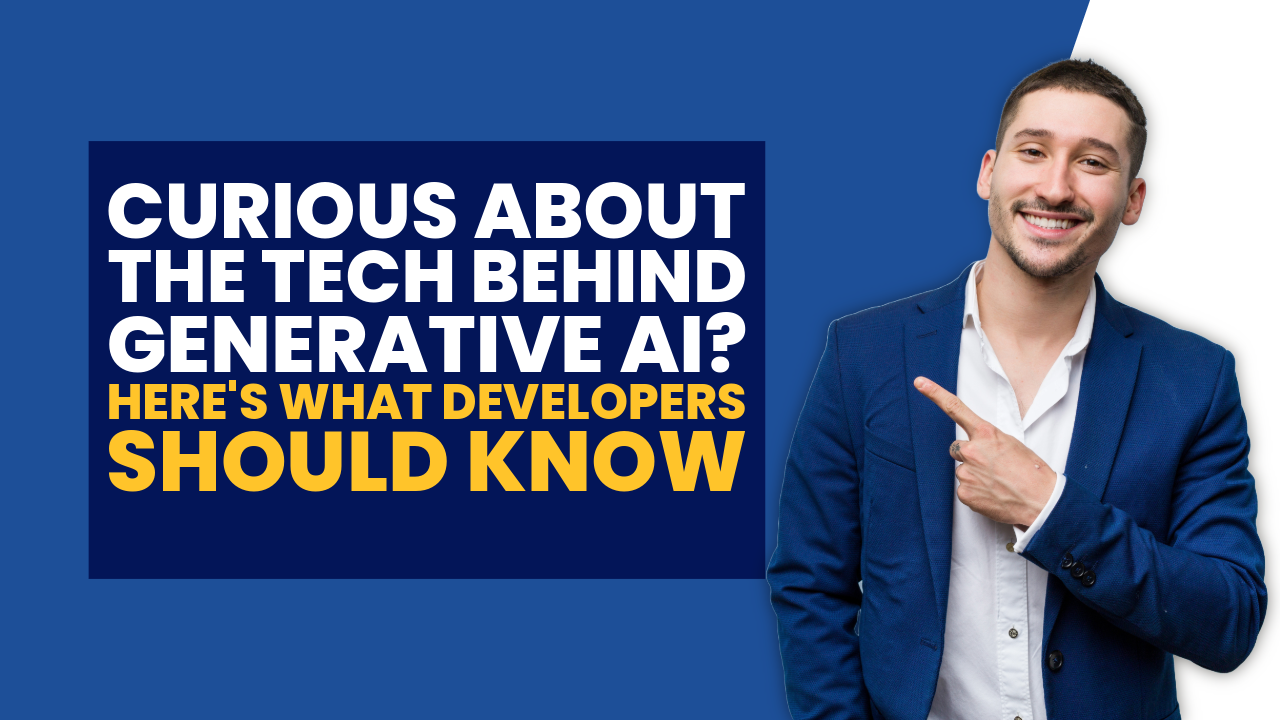In the rapidly evolving world of software development, efficiency, accuracy, and intelligent automation have become key differentiators for professionals and enterprises alike. With the advent of generative AI, coders now have access to tools that can write, debug, and even optimize code in real-time. Among these, OpenAI’s ChatGPT has emerged as the best-in-class AI model for coding tasks in 2025.
Why ChatGPT Stands Out for Coding
Advanced Model Architecture
At the heart of ChatGPT’s superior performance lies the GPT-4.5 and GPT-4.1 family, with GPT-4.1 (API-only) offering unmatched performance for complex code generation and reasoning. These models are trained on massive datasets of code and natural language, allowing them to understand context, syntax, and logic across multiple programming languages.
Broad Language Support
ChatGPT supports a wide range of programming languages, including but not limited to:
- Python
- JavaScript / TypeScript
- Java
- C / C++
- Rust
- Go
- Bash
- HTML / CSS
- SQL
Whether you’re a data scientist, web developer, or systems engineer, ChatGPT can assist in the language of your domain.
Integrated Code Interpreter
With the Python code interpreter (a.k.a. Advanced Data Analysis or ADA), developers can not only generate code but also execute it within the same environment. This feature enables real-time debugging, data analysis, and algorithm testing—ideal for data scientists, ML engineers, and researchers.
Context Awareness
Unlike earlier versions, the latest ChatGPT (especially the GPT-4.5-turbo model) maintains longer context memory. This means it can handle full files or even small codebases, remembering variables, class hierarchies, and function calls across hundreds of lines—making it an invaluable partner in large projects.
IDE Plugins and API Integration
ChatGPT integrates smoothly with development environments via tools such as:
- GitHub Copilot (powered by OpenAI Codex)
- VS Code and JetBrains IDE extensions
- ChatGPT Code Interpreter API for custom applications
Developers can embed ChatGPT into their workflows to get suggestions, explanations, and refactoring advice without leaving their coding environment.
Real-World Coding Capabilities
Use cases where ChatGPT excels include:
- Writing clean, idiomatic code from scratch
- Refactoring legacy codebases
- Writing unit and integration tests
- Explaining complex code or algorithms in natural language
- Translating code from one language to another
- Generating secure, efficient solutions for algorithms and data structures
GPT-4.5 vs. GPT-4.1: Which Should You Use?
- GPT-4.5-turbo (available via ChatGPT Plus) is optimized for general use, faster, and cheaper. It is perfect for most developers working on small to medium tasks, learning to code, or integrating with natural language interfaces.
- GPT-4.1 (API-only) is more powerful for large-scale or enterprise-grade code generation and debugging tasks. It performs better with nested logic, domain-specific libraries, and large files.
The Future of Coding with AI
ChatGPT is not just a coding assistant—it is fast becoming a co-developer. As OpenAI and others expand multimodal capabilities, future versions will likely handle:
- Visual debugging from screenshots
- Drag-and-drop UI generation from sketches
- Audio and video-based coding explanations
- Full integration with build and deployment pipelines
Conclusion
For developers seeking speed, precision, and productivity, ChatGPT is the best model for coding in 2025. Whether you are writing a new application, maintaining a legacy system, or learning a new language, ChatGPT offers an intelligent, responsive, and deeply contextual coding experience that is redefining how software is written.
Tip: To get the best coding results, subscribe to ChatGPT Plus to access GPT-4.5-turbo, or use OpenAI API with GPT-4.1 if you need more power and context length for professional development workflows.





